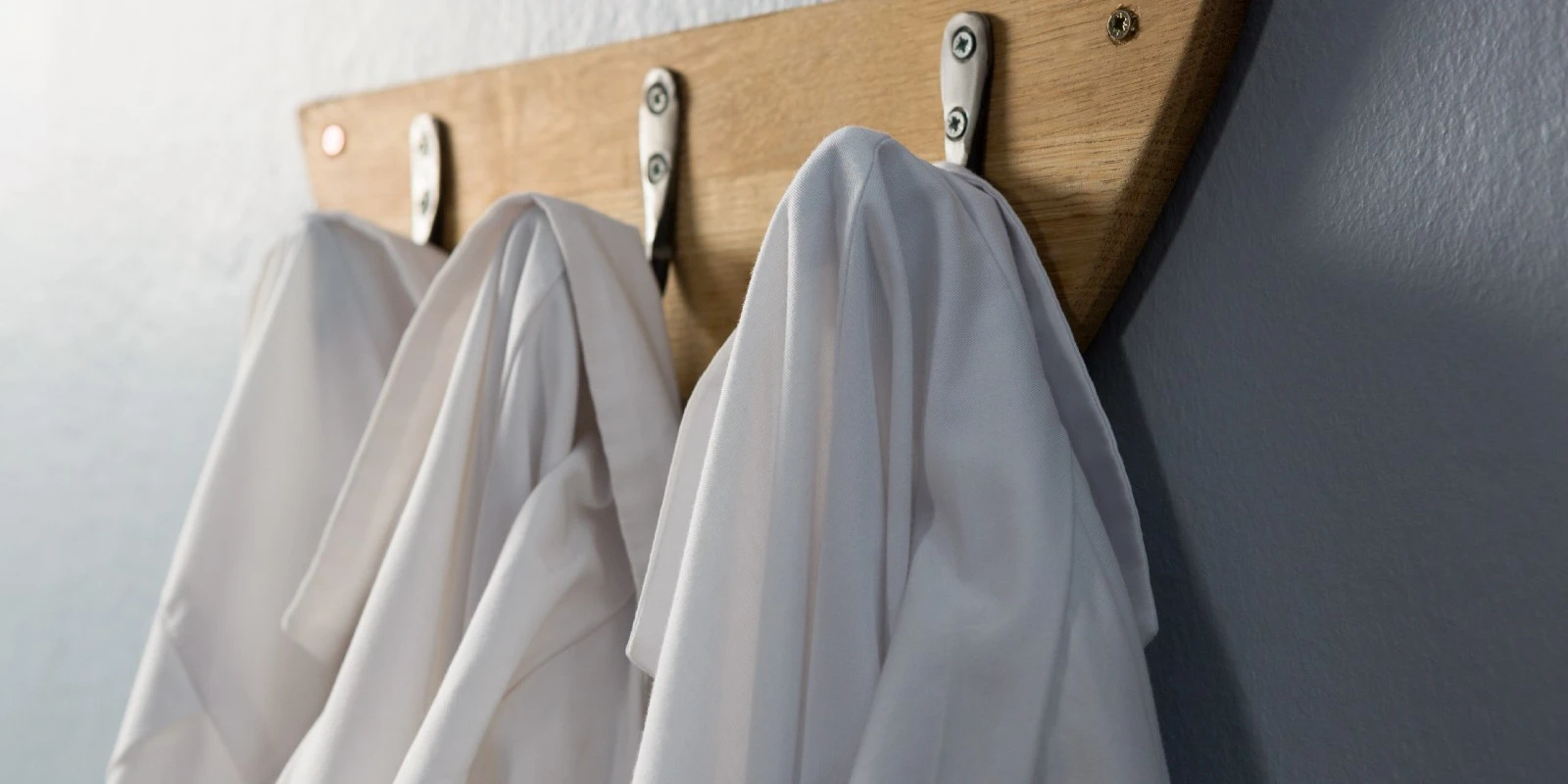
Physician murderers? Serial rapists? Molesting hundreds of patients? Trading drugs for sex? Dancing in the operating room while incising a patient’s skin to the beat of “She’s a Brick House”? Really? Is this really happening? I never thought the words “you did a bad, bad thing” would ever apply to my physician colleagues.
In recent months I’ve been pained to read and hear about physicians being charged (and many found guilty) of Medicaid fraud; that’s bad enough. But even worse are the cases of horrific malpractice, unconscionable misconduct and rabid indecency toward their fellow man.
There is the case of Dr. Larry Nassar, who was sentenced to 40 to 175 years in prison for sexually molesting female Olympic athletes.
Or UCLA-trained Georgia dermatologist Dr. Windell Boutte’, the “dancing doctor,” who brought disgrace to herself, to the medical profession; and irreparable damage to some of her patients by (as I say) “acting a damn fool” in the operating room, performing plastic surgery while boogying to rap songs about big booties.
Dr. George Tyndall, the only full-time gynecologist who worked at University of Southern California for nearly 30 years, was charged with forcing female students to strip, and he allegedly digitally penetrated and groped his naked patients.
Dr. Joseph Burton, a noted medical examiner in Georgia was convicted in August 2018 for trading drugs for sex, and is serving eight years in prison. And most recently, California’s Dr. Grant Robicheaux has been charged with drugging and sexually assaulting women.
Even Dr. Tom Frieden, a former director of the Centers for Disease Control and Prevention (CDC) was arrested for charges of sexual groping, harassment and forcible touching of a woman in 2017.
Physicians true to the profession have a calling and commitment to “first do no harm.” What calling do these physicians have? Are there others of the same ilk? In the age of social media shorthand I say, “wth!?” Isn’t it enough that we have modern-day oppressions that interfere with the purity of practicing medicine?
There is an ongoing crisis in the medical profession; we are being attacked from without by insurance companies and legislators. By EMR programs and demands for MOCs. Now we have an increasing number of crises inflicted upon our profession from within — physicians behaving badly; doing, or being legally accused of horrifically unconscionable things. acting out, and out of control. This is unacceptable. This needs to stop. We don’t need this right now. Or ever.
Physicians already experience a loss of autonomy. For over two decades I’ve stated that the insistence on insurance-mandated physician networks strips us of our constitutional right to free enterprise. It denies us the right to care for patients we wish to see, and any patient who seeks our care; not just those who are on a particular plan or in a particular network.
Instead of engaging with the patient in the way the patient deserves, today’s physicians have to spend more time doing data entry into electronic medical records — EMRs — that I contend are not always accurate. But we are not data entry clerks. We are not cookbook surgeons. We should not be pressured to discharge a patient before he or she is ready to be released, nor waste our time having to explain to an insurance company’s clerk why the patient will not go home that day.
Recently-retired Dr. Robert Witzburg of Boston University School of Medicine (my alma mater) once said, “There is something very special, something truly extraordinary about doctoring; about being a healer; about having the skill, the knowledge, and the capacity to reach out…to help others through the highs and lows of life in the unique role of ‘physician.’”
That is the calling the majority of souls who become physicians hear, and to which we respond. It is that desire to serve others in the most up close and personal of ways — ways in which you impact the very well-being, health and life of your fellow man. To listen to their concerns, assess their pains, reason the pathological process and apply great care to treat or perform surgery to remedy their ills to make their life better and more whole. So what is the mindset of this new breed of degreed persons who call themselves “physicians”?
To earn the medical degree takes high intellect, self-sacrifice, dedicated hard work and untold hours of study. It takes self-governance and sound decision-making. It also takes a spirit to do good deeds toward other human beings in need of care.
If you don’t have the mindset, the spirit, the heart, the compassion, and the desire to heal, (not hurt) your fellow man, then find another career. Do not blemish, sully and disgrace our noble profession and calling. Step off from seeking two wonderful letters — MD — to be added to your name. And while I’m at it, we are “physicians,” not healthcare “providers.”
To be a physician and surgeon is more than a notion; it’s more than just two letters. It is a calling to care, and an honor to serve for the good of others; to first do no harm. To heal and remedy the suffering of others. If that’s not in your heart, we don’t need you in our circles. We have enough to deal with to recoup the purity of our profession, and to preserve the sanctity of the doctor-patient relationship. We don’t need physicians who behave badly, commit crimes, and tarnish our noble profession.
Murder? Molestation? Fraud? Drug trafficking? That is not what we physicians do.
Melody T. McCloud, MD is an obstetrician-gynecologist, author, media consultant and founder of Atlanta Women’s Health Care. She is affiliated with Emory University Hospital Midtown. Tw: @DrMelodyMcCloud







